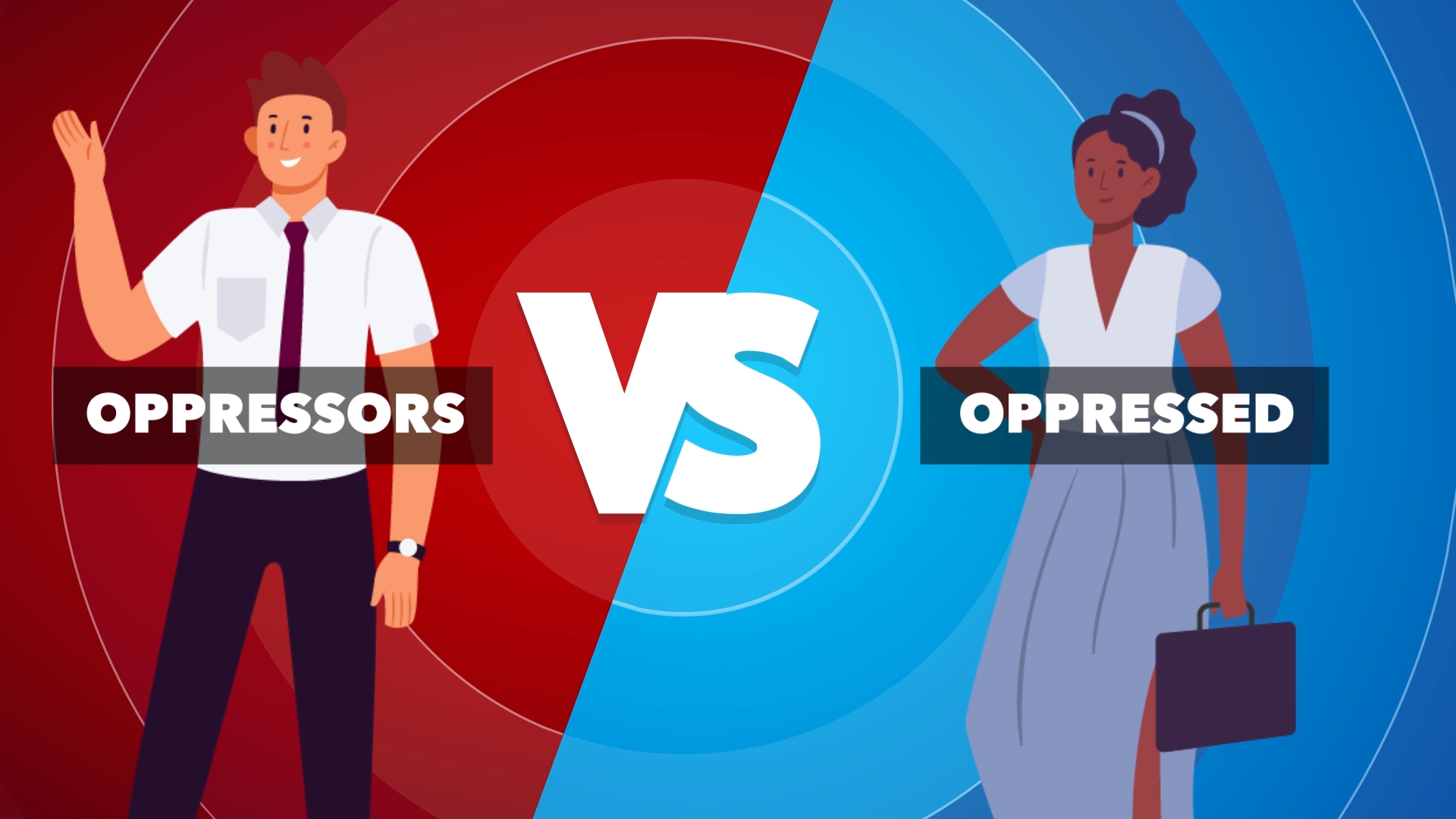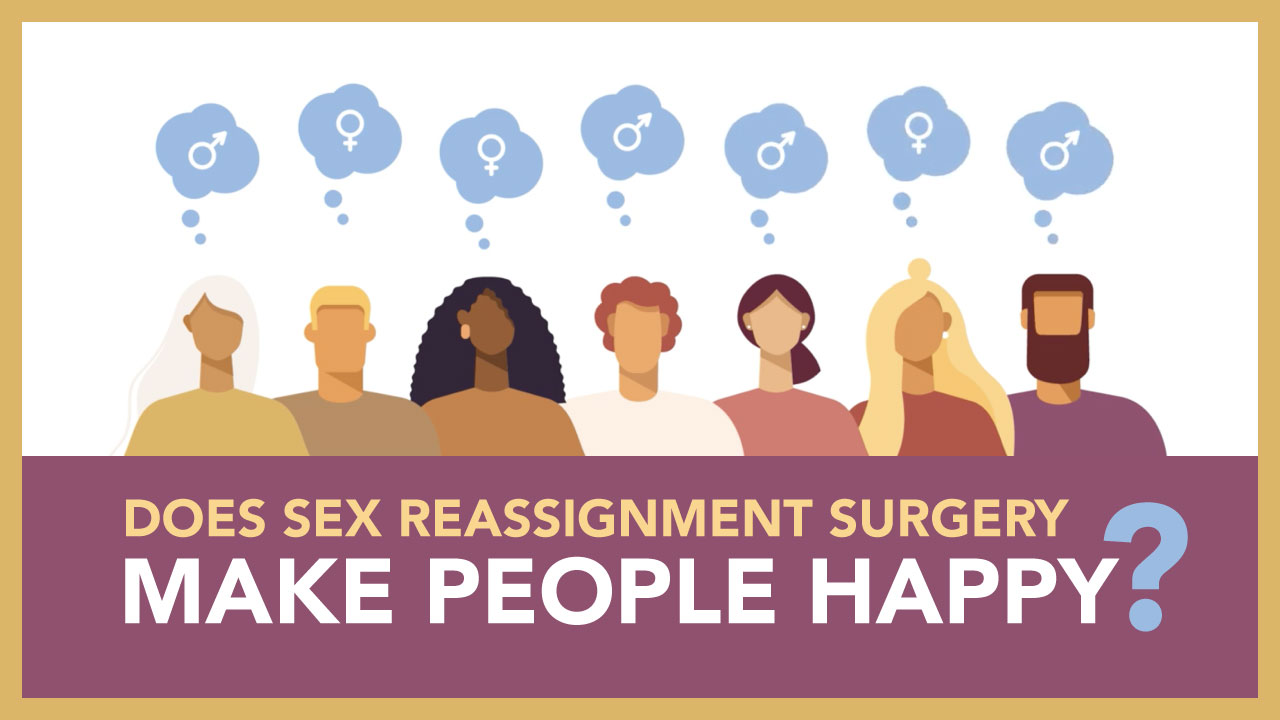Is the Bible Still Relevant?
What Would You Say?
You’re in a conversation and someone says “the Bible just isn’t relevant anymore. Our world has moved beyond it.”
What Would You Say?
The Bible’s influence on the world as we know it has been so profound and so thorough that it’s easy to forget just how much it has shaped our understanding of science, morality, politics, literature, music, language and so many other aspects of life and culture.
And, in many places around the world, the Bible is more influential now than ever. In other words, when someone says that “the Bible just isn’t relevant anymore,” they’re just wrong.
So, the next time someone says the Bible is no longer relevant, here are three things to remember:
Number one: The Bible shaped and continues to shape the Western mind.
Number two: Modern science is a product of biblical assumptions.
Number three: The Bible is the most influential book on the planet—and will be more influential in the future.
- Transcript
- More Resources
- Watch More
You're in a conversation and someone says “the Bible just isn’t relevant anymore. Our world has moved beyond it.” What Would You Say? The Bible’s influence on the world as we know it has been so profound and so thorough that it’s easy to forget just how much it has shaped our understanding of science, morality, politics, literature, music, language and so many other aspects of life and culture. And, in many places around the world, the Bible is more influential now than ever. In other words, when someone says that “the Bible just isn’t relevant anymore,” they’re just wrong. And here are three reasons why: Number one: The Bible shaped and continues to shape the Western mind. Though Westerners often take things like political freedom, human rights, orphanages, hospitals, women’s rights, care for the poor, and opposition to things like slavery and pederasty for granted, we shouldn’t. As atheist historian Tom Holland points out in his book Dominion, every one of these things was birthed from Christianity’s influence on the world. “[The idea] that every human being possessed an equal dignity was not remotely a self-evident truth. A Roman would have laughed at it…The origins of this principle lay not in the French Revolution, nor in the Declaration of Independence, nor in the Enlightenment, but in the Bible.” And that’s not all. Echoes of the Bible and its ideas about morality and human dignity can be seen in the works of Augustine, Chaucer, Shakespeare, Milton, Dickens, Dostoevsky, Melville, Mark Twain, and others, including modern writers like Margaret Atwood and J. K. Rowling. The very languages we speak were shaped by the Bible, as translators were forced to stretch English, German, and other European tongues to fully express the meaning communicated in the Bible’s original Greek and Hebrew languages. “The Bible,” writes philosopher and author Vishal Mangalwadi, “made the modern West a reading and thinking civilization.” Number two: Modern science is a product of biblical assumptions. Most of the founders of modern science were Christians. Men like Blaise Pascal, Johannes Kepler, Isaac Newton, Robert Boyle, and Gregor Mendel believed their discoveries about nature bore witness to the glory of God. And as philosopher of science Stephen Meyer argues, they believed certain things about the universe that made science possible in the first place. The scientific method itself relies on certain assumptions about the world that came from the Bible. This is why empirical science only emerged out of and flourished in the Christian West. The Bible describes a world that was made by God to be intelligible and orderly. As Meyer says, “Because we have an intelligence that has, as its source, the intelligence that build the world, we can understand the world.” This is why we expect consistency and order in nature. And why we expect, as humans, to be able to study and comprehend that consistency and order. Together, these assumptions form the basis of modern science. Far from replacing the Bible, science as we know it owes its very existence to the Bible. Number three: The Bible is the most influential book on the planet—and will be more influential in the future. Today there are nearly 2.4 billion Christians on earth—more than any other religion. According to Lifeway Research, the number of evangelicals alone has tripled since 1970, and 77 percent of them live in the Global South. By 2050, the number of Christians globally is expected to top 3 billion, and a third of them will live in Africa. In less than ten years, there will be more Christians in China than in the United States. These Christians will want Bibles. So, by 2025, Lifeway predicts that 110 million Bibles will be printed every year, that’s 15 million more than are currently printed each year. The Bible has been translated into over 700 languages, and sometime after 2038, Wycliffe Bible Translators expects a Bible to be available in every written language on earth. In other words, the Bible has never been more influential on the world’s population than it is right now. Though it may have fallen out of favor in the West, we tend to forget that Western assumptions about life and the world, about justice and human rights were built on Biblical ideas. If current trends hold, it’s not the Bible, but dismissive ideas about the Bible, that will become increasingly irrelevant. So, the next time someone says the Bible is no longer relevant, here are three things to remember: Number one: The Bible shaped and continues to shape the Western mind. Number two: Modern science is a product of biblical assumptions. Number three: The Bible is the most influential book on the planet—and will be more influential in the future.
Breakpoint: Three Scientific Discoveries that Call for a God Hypothesis
Breakpoint: What We Cannot Know Unless We Know the Bible
Breakpoint: The Victory of Reason
Lifeway Research: 10 Encouraging Trends of Global Christianity in 2020
"Dominion: How the Christian Revolution Remade the World" Tom Holland
"The Victory of Reason: How Christianity Led to Freedom, Capitalism, and Western Success" Rodney Stark
"The Book That Made Your World: How the Bible Created the Soul of Western Civilization" Vishal Mangalwadi


